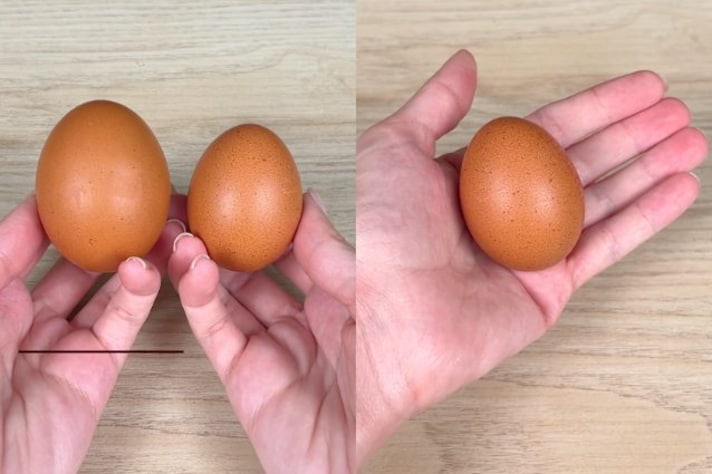
Brown Eggs VS. White Ones: What’s The Difference?
Brown and white eggs are nutritionally similar, with differences in shell color being due to the breed of the hen and not indicative of nutritional value. The diet and environment of the hen have more impact on the egg's nutrition than the shell color. Price differences are related to the hen's size and not the egg's nutritional quality. Consumer preferences for egg color are based on perception, not on any proven nutritional superiority.

When it comes to choosing eggs at the grocery store, many people ponder whether brown eggs are nutritionally superior to white ones. This question has led to numerous discussions and debates, with some firmly believing that brown eggs are the healthier choice. However, the truth lies in understanding the basic differences between these two types of eggs and what factors actually influence their nutritional value.

Origin of Color Differences
The primary difference between brown and white eggs is the breed of the hen that lays them. For instance, White Leghorn chickens lay white eggs, while Plymouth Rocks and Rhode Island Reds lay brown eggs. The color of the eggshell is determined by the genetics of the hens. The breed affects the color of the eggshell but not the quality, nutritional value, or taste of the egg.
Nutritional Comparison
Nutritionally, brown and white eggs are almost identical if they come from hens raised in similar conditions. Both types of eggs contain vital nutrients like protein, vitamins B12 and D, riboflavin, and folate. They also have similar amounts of cholesterol and fat. The diet and environment of the hen can affect the nutritional content of the egg more than the color of the eggshell.
Impact of Hen's Diet
The hen's diet plays a significant role in the nutritional quality of the egg, regardless of its shell color. Hens that are fed a diet high in omega-3 fatty acids, for instance, will produce eggs with higher omega-3 content. Similarly, hens allowed to forage freely and eat a natural diet may lay eggs with a slightly different nutritional profile compared to hens raised on standard commercial feed.

Why Are Brown Eggs More Expensive?
Brown eggs often cost more than white eggs, but this is not due to their nutritional value. The price difference is typically attributed to the larger size of the hens that lay brown eggs. These hens eat more, which results in higher costs for feed, and these costs are passed on to consumers.
Consumer Preferences
In some cultures and regions, brown eggs are preferred due to perceptions of them being more natural or organic. However, this is a matter of personal preference and perception rather than a fact based on nutritional science.
In conclusion, the color of the eggshell, whether brown or white, does not affect the nutritional quality or taste of the egg. The key factors that influence an egg's nutritional content are the diet and environment of the hen. Therefore, when choosing between brown and white eggs, personal preference, availability, and price should be the guiding factors, rather than an assumption of nutritional superiority.
;Resize,width=767;)


;Resize,width=712;)
